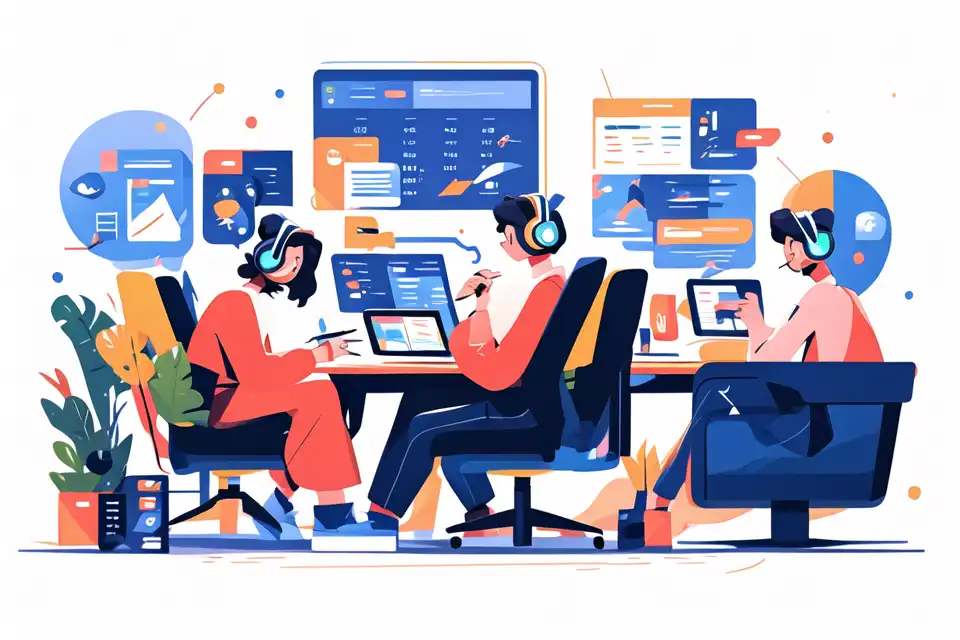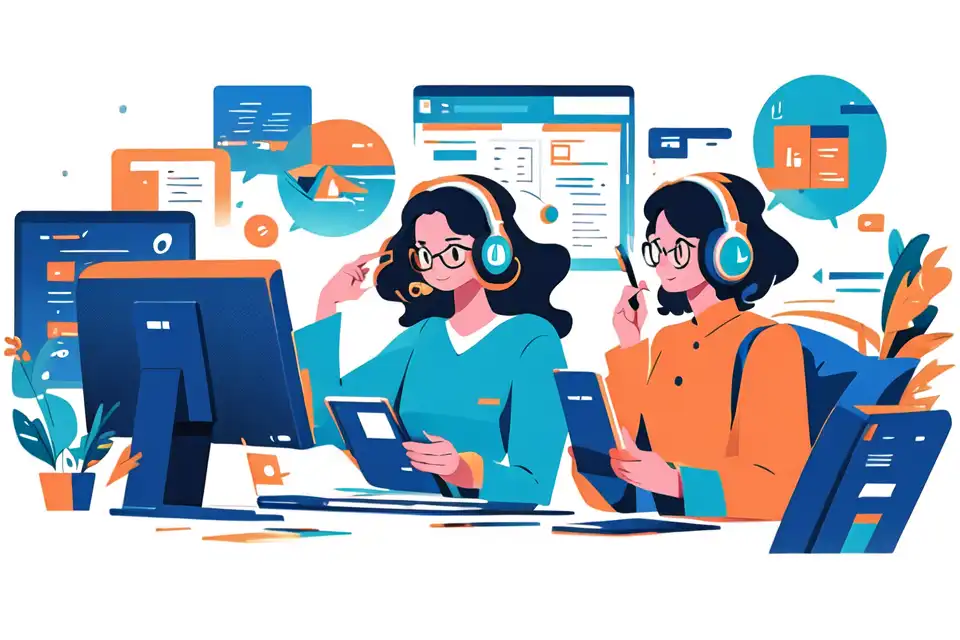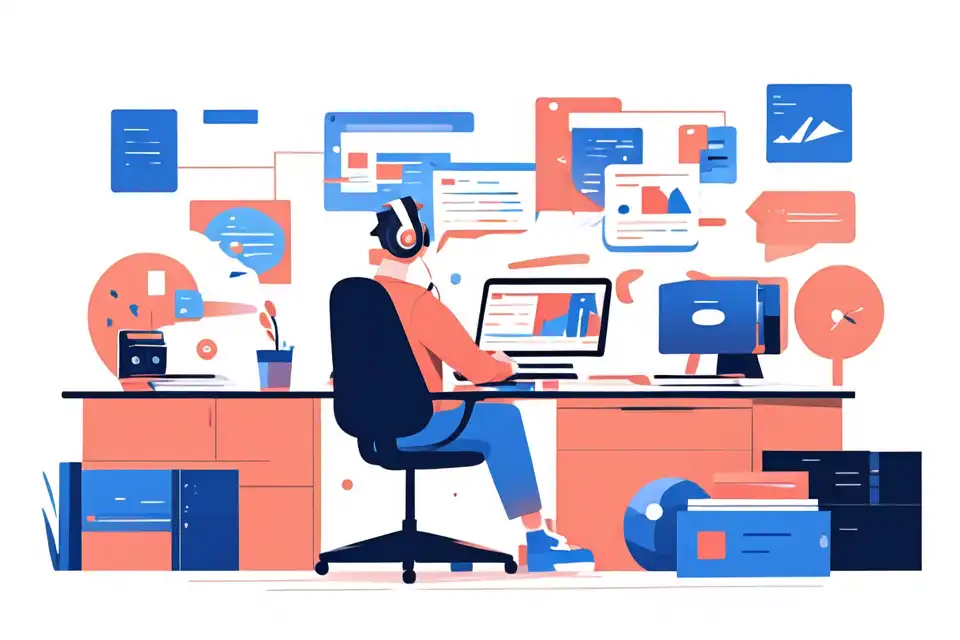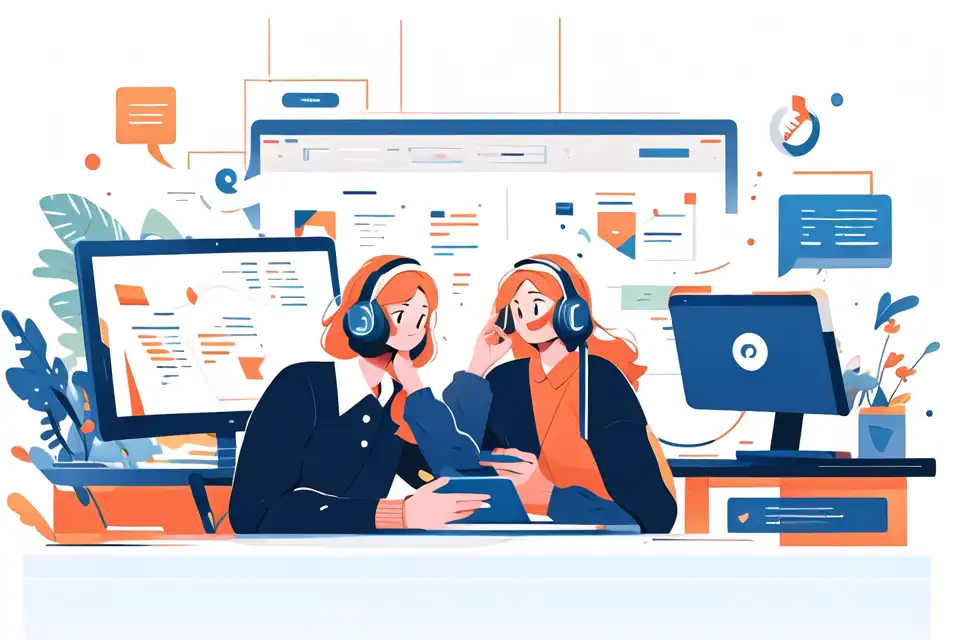Night Auditor Shift (11pm-7am)
Explore the essentials of night auditor shift 11pm 7am schedule: Understand how it is used across frontline industries, its pros and cons, and the best practices. Dive into real-world examples, variations, and FAQs in our comprehensive guide.
Try Lark for Free
In the fast-paced modern world, the need for businesses to operate around the clock has led to the rising significance of night auditor shifts (11pm-7am). This article delves into the workings of the night auditor shift, its applications across various industries, its benefits and challenges, along with best practices for its efficient management.
Get Lark for time attendance tracking today.
What is the night auditor shift (11pm-7am) schedule and how does it work?
The night auditor shift from 11pm to 7am is a unique work schedule primarily seen in service-oriented businesses such as hotels, hospitals, and customer service centers. This section will provide an overview of the schedule and delve into its growing relevance and significance in various frontline industries.
Overview of Night Auditor Shift (11pm-7am) Schedule and its Growing Relevance
The night auditor shift, typically from 11pm to 7am, encompasses a range of duties and responsibilities that are vital for maintaining the operational continuity of businesses during the late-night and early morning hours. It involves handling tasks such as financial reporting, guest services, security monitoring, and ensuring smooth transitions to the daytime staff. This shift has gained particular significance in 24/7 service industries as it enables businesses to offer seamless services throughout the night, providing a competitive advantage and enhancing customer satisfaction.
Explain its Significance in Frontline Industries
The night auditor shift plays a crucial role in frontline industries such as hospitality, healthcare, and customer support. In the hospitality sector, night auditors ensure that guest inquiries and needs are addressed promptly while also overseeing the financial aspects of the business during non-peak hours. Similarly, in healthcare, the night auditor shift is essential for ensuring uninterrupted patient care and managing critical operational processes overnight. Furthermore, in customer support centers, this shift ensures that round-the-clock assistance is provided to customers, enhancing overall service quality.
Industries that can use the night auditor shift (11pm-7am) schedule
An array of industries have recognized the benefits of incorporating the night auditor shift (11pm-7am) into their operational framework to meet the increasing demand for services during late-night hours. Below are a few key industries and roles that significantly benefit from the implementation of the night auditor shift.
Key Industries and Roles Benefiting from Night Auditor Shift (11pm-7am) Schedule
-
Hospitality Industry: Hotels and resorts rely heavily on the night auditor shift to manage guest check-ins, address late-night queries, and perform essential accounting tasks during the graveyard hours.
-
Healthcare Sector: Hospitals and medical facilities employ night auditors to ensure continuous monitoring of patients, attend to emergency cases, and manage administrative duties during the night.
-
Customer Support Services: Call centers and service providers utilize night auditor shifts to offer uninterrupted support to customers, enhancing their overall service accessibility.
Examples of night auditor shift (11pm-7am) schedule in practice
Example 1: night auditor in a hotel setting
Example 1: night auditor in a hotel setting
In a hotel setting, the night auditor oversees the front desk operations, handles late-night check-ins, ensures security protocols are followed, and prepares financial reports for the day's activities. This position is crucial for providing guests with assistance and maintaining the hotel's security standards during nighttime hours.
Example 2: night auditor in healthcare settings
Example 2: night auditor in healthcare settings
Hospitals employ night auditors to manage patient admissions, handle administrative tasks, and ensure that all medical units are operating smoothly during the night. These professionals play a pivotal role in maintaining the continuity of care when the regular administrative staff is off-duty.
Example 3: night auditor in customer support centers
Example 3: night auditor in customer support centers
In customer support centers, night auditors handle incoming queries, address service issues, and maintain the operational functionality of the center during non-business hours. They ensure that customer concerns are addressed promptly, thereby upholding the organization's commitment to service excellence.
Uncover Industry Best Practices with Lark x Management
Conclusion – should you use the night auditor shift (11pm-7am) schedule?
In conclusion, the night auditor shift (11pm-7am) plays a vital role across various industries, enabling businesses to provide uninterrupted services, maintain operational efficiency, and enhance customer satisfaction. With a clear understanding of the benefits, challenges, and best practices associated with the night auditor shift, businesses can make informed decisions about its implementation and management within their operational framework.
Get Lark for time attendance tracking today.








